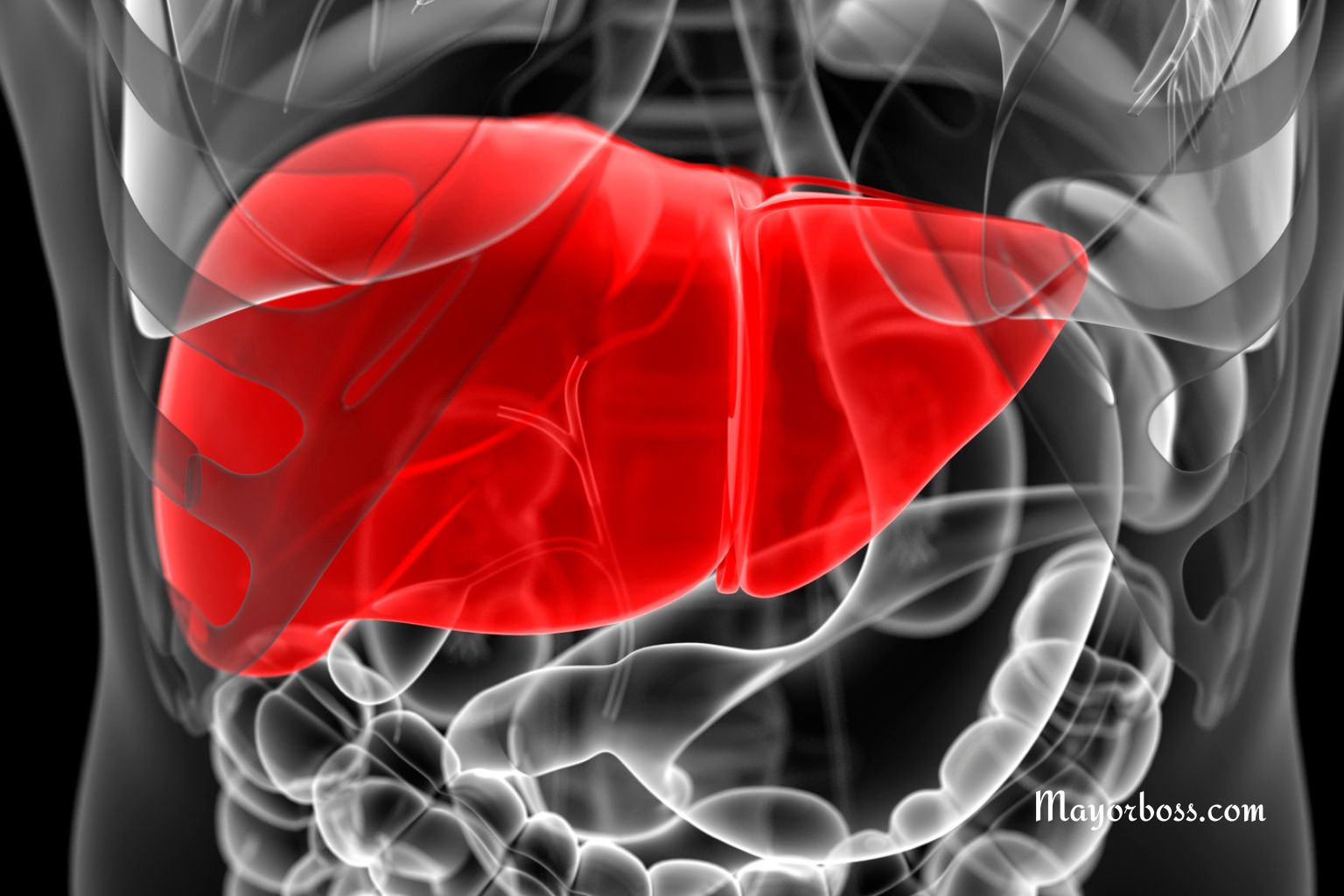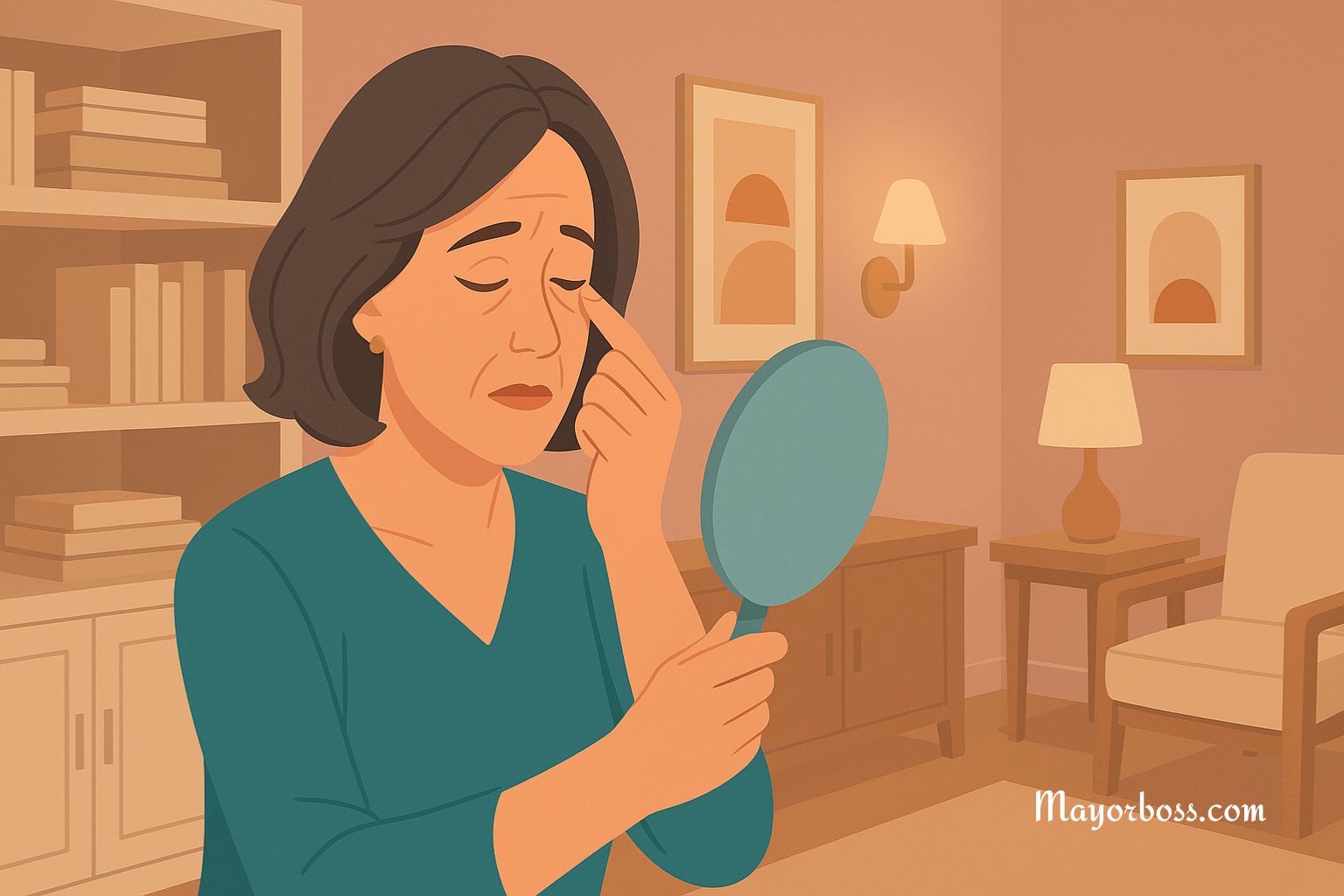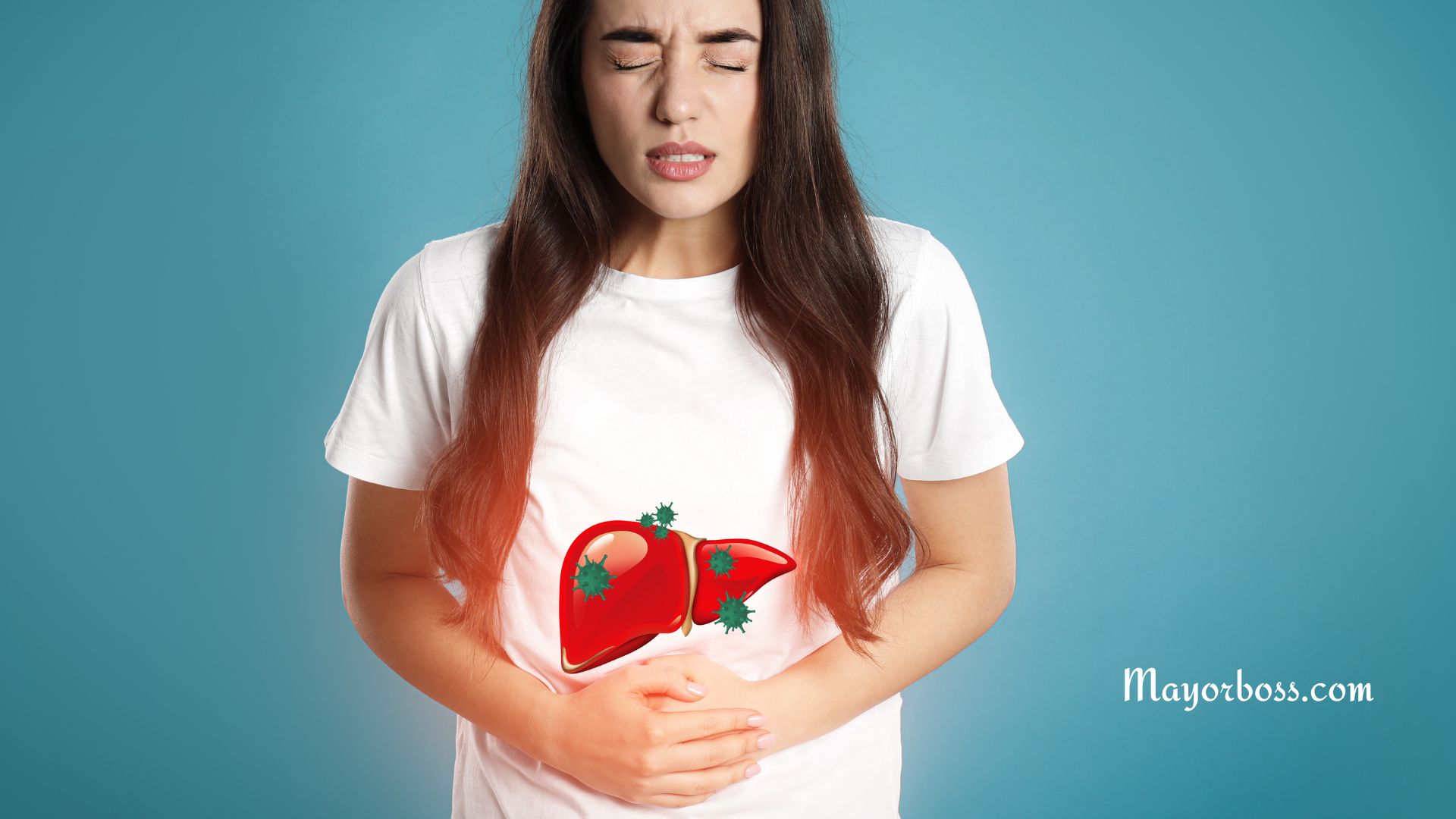Liver Problems: Symptoms That The Organ Is Not Working
Common symptoms of liver problems include fatigue, yellowing of the skin or eyes (jaundice), dark urine, pale stool, swelling in the legs or abdomen, unexplained weight loss, nausea, and easy bruising. If you notice these signs, consult your doctor.

Of course, every organ in our body has a purpose. Each one supports our health in its own vital way. Still, if we tried to rank them by how essential they are, the liver would surely be near the top.
Why is that? The liver handles some of the body’s most important jobs—removing toxins, filtering blood, helping with metabolism, and storing nutrients your body needs to thrive. That’s why any problem with your liver demands quick attention. Delaying treatment can put your health at risk.
But how can you tell when your liver is struggling? The symptoms listed below can indicate that this crucial organ is not functioning properly.
Common Symptoms of Liver Problems
1. Fatigue and Weakness
Most people with liver trouble feel tired. This isn’t the normal tiredness from a long day. It’s a deep, persistent fatigue that does not improve with rest. You may also feel weak or lack energy.
2. Yellowing of Skin or Eyes (Jaundice)
When the liver can’t process a substance called bilirubin, it builds up in your body. This causes yellowing of the skin and whites of the eyes, a condition called jaundice. Jaundice is a clear sign that your liver is not working well.
3. Dark Urine and Pale Stools
Healthy urine is usually light yellow. If your urine becomes dark—like tea or cola—it may be a warning. At the same time, your stools might turn pale, clay-colored, or even gray. This change happens when your liver can’t handle bile the way it should.
4. Swelling in the Abdomen or Legs
The liver helps manage fluids in your body. When it stops working, fluid can build up in the belly (ascites) or in the legs and ankles (edema). You may notice your belly looks swollen, or your shoes feel tight.1
5. Unexplained Weight Loss or Loss of Appetite
Liver disease can suppress your appetite, making you feel full even when you haven’t eaten much. Over time, you might lose weight without trying. This can happen along with nausea, vomiting, or feeling bloated after small meals.
6. Itchy Skin
Your skin might itch all over, sometimes without a rash. This can be frustrating and interfere with sleep. The itching occurs when bile salts build up under the skin due to poor liver function.
7. Easy Bruising and Bleeding
If you see that you bruise easily or bleed more than usual from small cuts, your liver may not be producing enough proteins needed for blood clotting. This can be an early warning sign.
8. Confusion or Difficulty Thinking
A very unhealthy liver cannot filter toxins from the blood. These toxins can reach your brain, leading to confusion, trouble concentrating, memory loss, or even personality changes. This condition, called hepatic encephalopathy, needs urgent care.2
Less Common Symptoms
Some people with liver problems also notice:
- Red or blotchy palms
- Small, spider-like blood vessels on the skin
- Dark, thickened patches of skin, often on the neck or armpits
- Breast swelling in men
When to See a Doctor
If you notice any of these symptoms, do not ignore them. Even mild signs can point to liver disease. Early diagnosis can help prevent serious problems. Your doctor may order blood tests, an ultrasound, or other exams to check your liver.
Do not try to diagnose or treat liver disease on your own. Some supplements or home remedies can actually make liver problems worse. Always ask your doctor before trying anything new.
How to Protect Your Liver
Taking care of your liver starts with healthy habits:
- Limit alcohol intake.
- Maintain a healthy weight.
- Get vaccinated for hepatitis if recommended.
- Avoid sharing needles or personal hygiene items.
- Take medications only as prescribed.
- Eat a balanced diet with plenty of fruits, vegetables, and lean protein.
What Happens if Liver Disease is Not Treated?
Untreated liver disease can progress over time. The liver may develop scar tissue, a process called fibrosis. When scar tissue replaces healthy cells, it’s called cirrhosis. Cirrhosis can lead to liver failure, where the organ stops working altogether. In severe cases, a liver transplant may be the only option.3
FAQs
1. What is the first sign of liver problems?
Fatigue and tiredness are often the earliest symptoms. However, these signs are not specific and can happen with many conditions.
2. Can liver problems cause skin changes?
Yes, liver problems can cause yellowing of the skin, itchiness, and sometimes small, red spider-like veins.
3. Does liver disease always cause pain?
Not always. Many liver problems are painless in the early stages. Some people may feel a dull pain or heaviness under the right ribs.
4. Can a blood test detect liver problems?
Yes. Blood tests can measure liver enzymes and other substances that show how well your liver is working.
5. Is liver damage reversible?
In some cases, yes. If the cause is found and treated early, the liver can heal itself. Advanced damage (cirrhosis) is often permanent. Early action is key.






